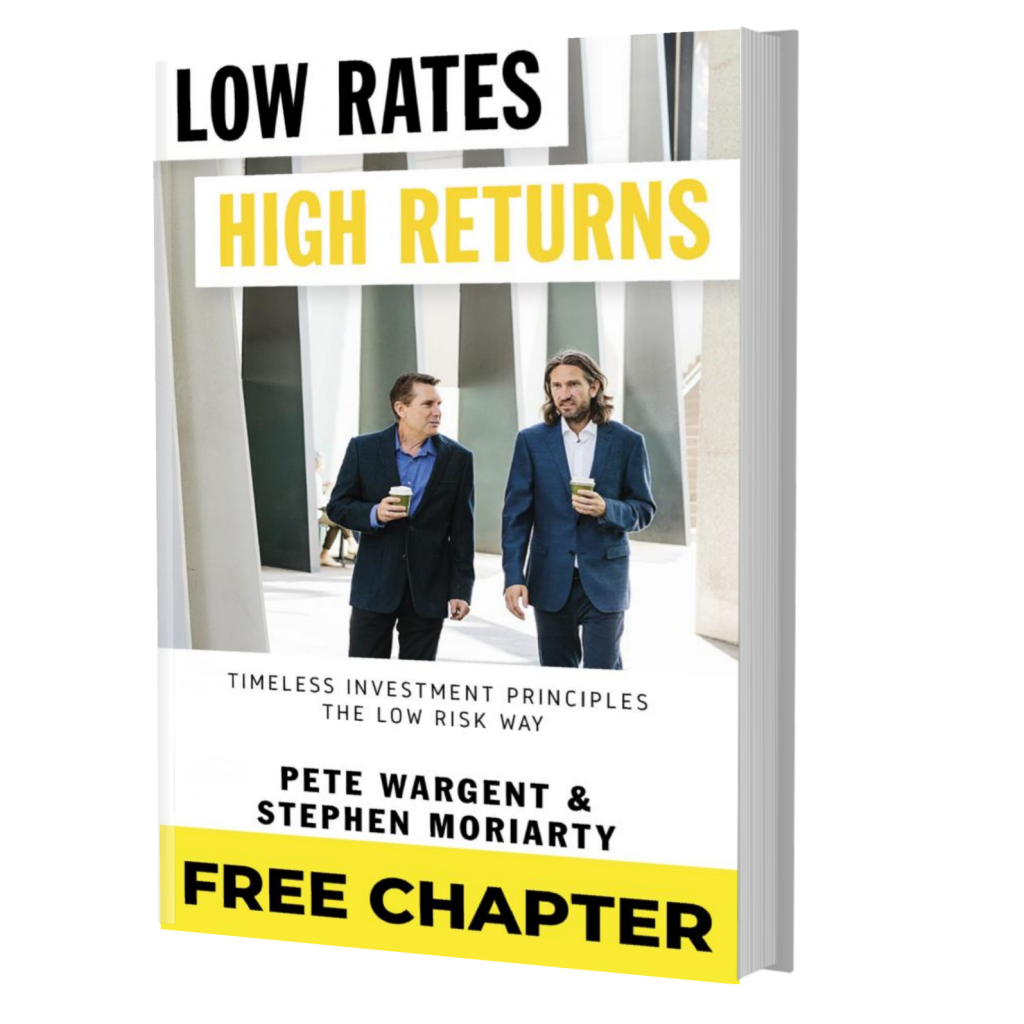Toughen up!
When I was a teenager I worked for some years in a timber factory, and the older fellas had hands like you wouldn’t believe.
While new hires would invariably see their hands shredded with cuts and splinters, over time and as their hands repaired the body would overcompensate by developing thick and hardened calluses.
The ancient Greeks recognised this natural phenomenon and had a name for it: hormesis.
Give the king a regular dose of poison, said the toxicologists of the day, and he’d build up an immunity from being poisoned!
I’m currently reading Antifragile, by Nassim Taleb, wherein he explores the benefits of stressors, in turn inspiring this short blog post.
Super-compensatory response!
Weight trainers intuitively understand the benefit of short but intense training sessions, followed by a long recovery period to allow the body to repair and come back stronger.
Over-training for hours on end doesn’t work, and eventually becomes detrimental (as does taking toxic doses of poison, for that matter!).

Some stress can be beneficial, but in the modern world we live in carefully temperature-controlled rooms and surround ourselves with comfortable environments and smooth surfaces.
At the first inkling of a common cold we load up on antibiotics.
One of the most confronting parts of being a parent is accepting that our kids need to be exposed to bumps and bruises, and the trials and tribulations of life.
Instinctively we want to protect our offspring from all dangers and uncomfortable situations, yet this probably won’t help them later in their development.
In praise of volatility
Nassim Nicholas Taleb explored these ideas in his work on antifragility, and highlighted how and why systems need stressors to become more resilient.
Countries with an artificially low level of volatility (e.g. Syria, Egypt) may be more prone to eventually blowing up than countries where volatility is allowed to be more commonplace (e.g. Italy).
Policymakers have also been criticised at times for suppressing volatility in economies and financial markets – which may allow unseen risks to build up – instead of allowing stressors and price discovery to make the system more robust.
Getting up one more time
Entrepreneurs and investors can apply some of these concepts to their own journeys.
The first time an investor experiences a stock market crunch, or a landlord experiences a rental vacancy, it’s scary; the fifth time is no big deal because you’ve been through it all before.
When you begin to attract criticism or trolling for putting yourself out there it can initially be hurtful; but once you’ve been through it a dozen times it has a diminishing impact, and eventually none at all.
Failed business ideas, strategies, and ventures can become learning experiences for your next great success.
It’s true what they say: what doesn’t kill you makes you stronger.





